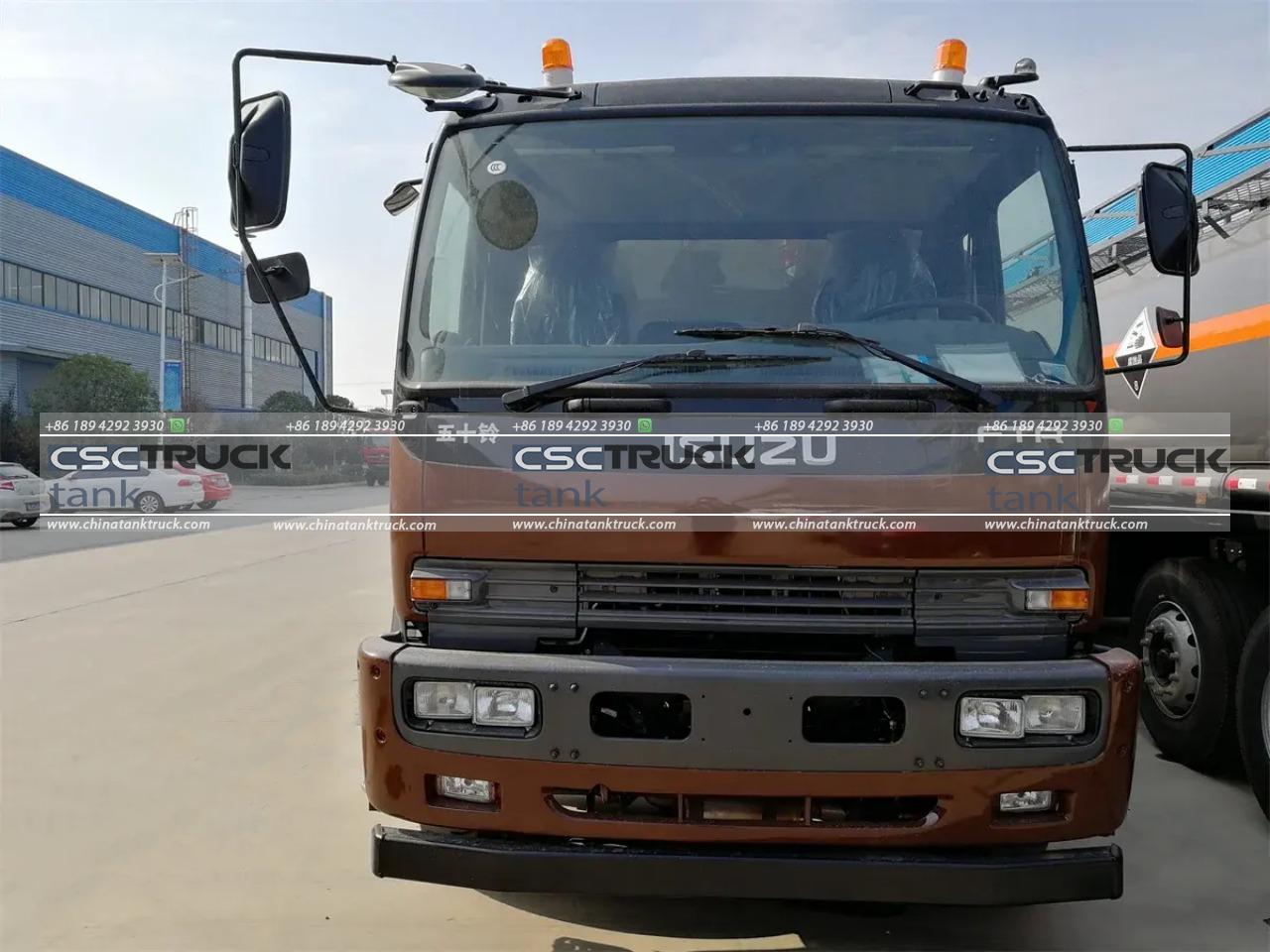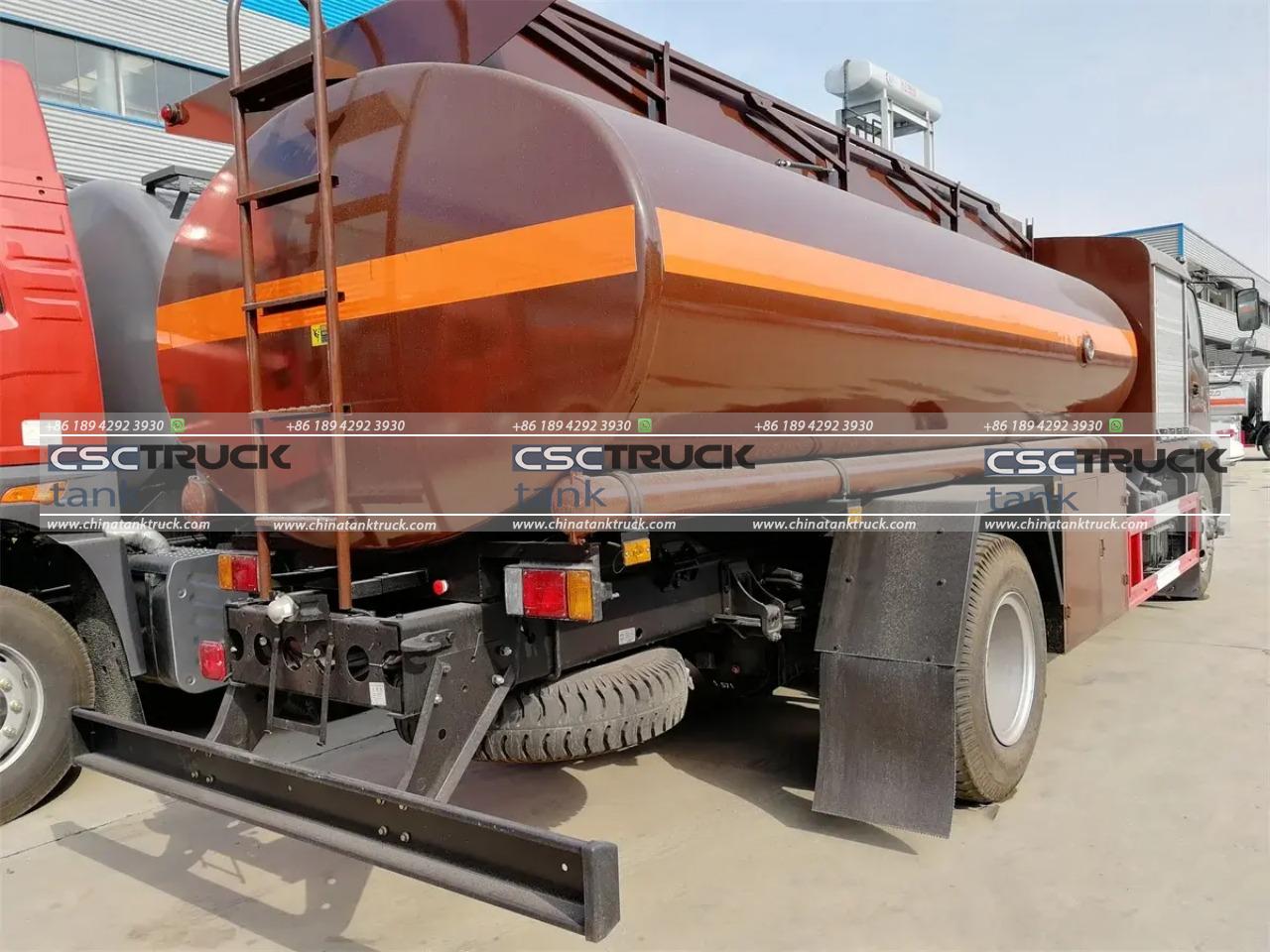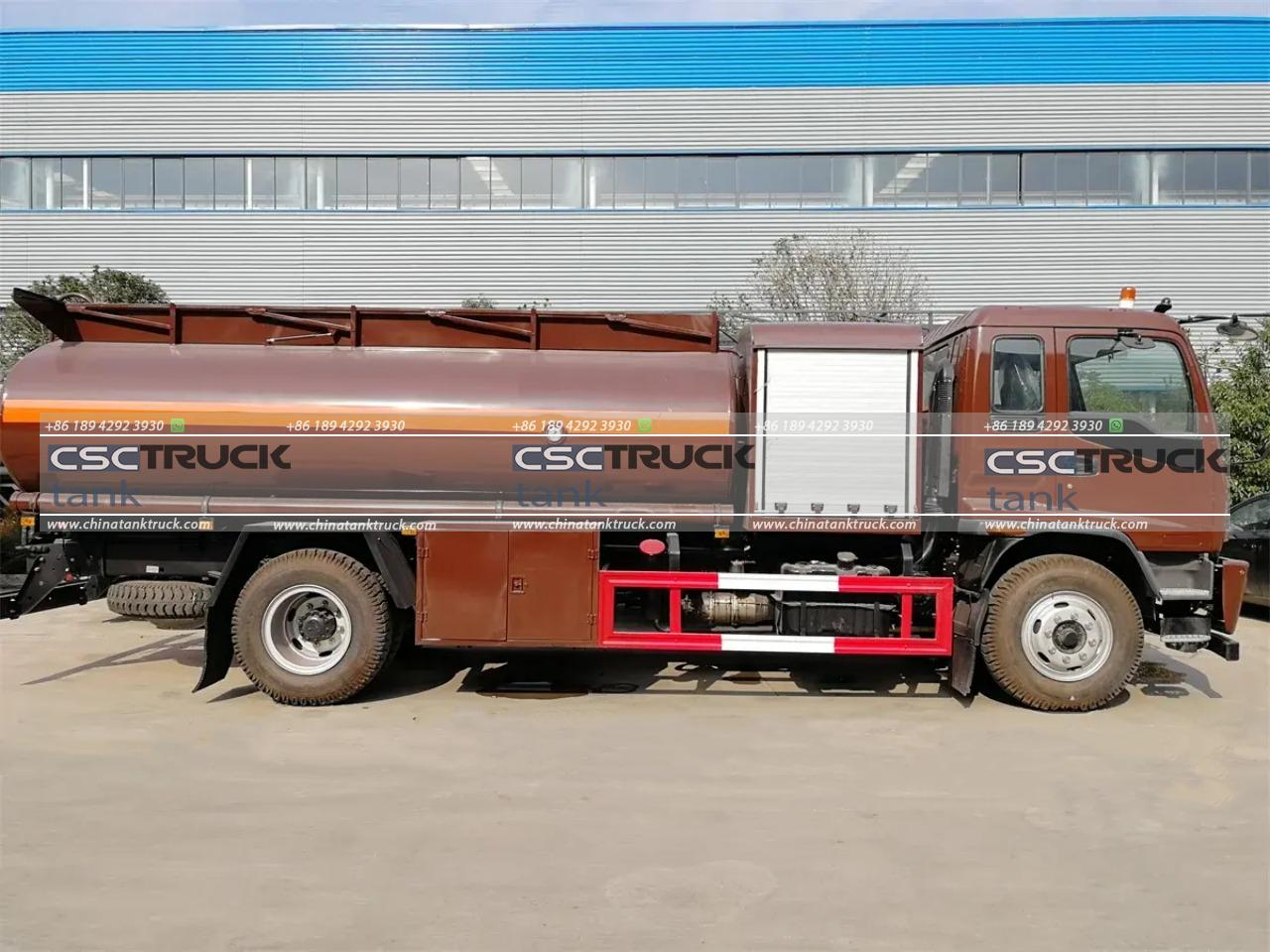What is Another Name for a Fuel Tanker?
Fuel tankers play an essential role in our daily lives, transporting gasoline, diesel, and other petroleum products across cities, states, and countries. Despite their ubiquitous presence, fuel tankers go by various names, depending on the context, location, and specific type of fuel being transported. Here, we explore different names and classifications for fuel tankers, the factors that influence these names, and the significance of each variation.
1. Fuel Tanker Basics
A fuel tanker is a specialized vehicle designed for the safe and efficient transport of fuel. Tankers are engineered to carry large quantities of liquid and flammable substances, like gasoline, diesel, kerosene, or other petroleum derivatives, over considerable distances. Equipped with advanced safety features, such as reinforced walls, secure valves, and anti-slosh mechanisms, these tankers are critical to the fuel supply chain.
Fuel tankers come in various sizes, ranging from small fuel trucks, often seen at airports or gas stations, to large 18-wheeler tankers that transport tens of thousands of gallons of fuel. Beyond size, tankers are often categorized by the specific type of fuel they carry and the nature of the transportation task. Different terminologies are used across industries and regions, making it valuable to understand the alternatives and variations in tanker names.

2. Alternative Names for a Fuel Tanker
Here are some of the most common alternative names for a fuel tanker:
1. Petroleum Tanker: This term is frequently used to describe tankers carrying petroleum-based products, including gasoline, diesel, and kerosene. “Petroleum” serves as a catch-all term for various hydrocarbon-based fuels, which makes this a fitting term for a vehicle that transports such materials.
2. Fuel Hauler: In some regions, especially in the United States, “fuel hauler” is a popular colloquial term. This term emphasizes the transportation aspect and is widely used by drivers, dispatchers, and industry professionals. The term “hauler” implies a heavy-duty vehicle dedicated to moving heavy or large quantities of fuel.
3. Gasoline Truck: While this term may appear overly specific, it is commonly used when referring to tankers that carry gasoline. This is especially the case in urban settings, where gas stations are regularly refilled by gasoline tankers, making this name appropriate and widely recognized.
4. Diesel Tanker: Similar to “gasoline truck,” a “diesel tanker” specifically refers to tankers that carry diesel fuel. This distinction is relevant in industries like construction and logistics, where diesel is a primary fuel source.
5. Tanker Truck: “Tanker truck” is a general term used to describe any truck with a large tank for transporting liquids. While this name isn’t fuel-specific, it’s commonly used in contexts where the tanker is carrying fuel, making it a universal and flexible term.
6. Oil Tanker: Although technically distinct from a fuel tanker, an “oil tanker” is often used interchangeably to refer to vehicles carrying petroleum products. However, “oil tanker” can refer to both on-road tankers and large sea vessels carrying crude oil. In this context, the term is somewhat ambiguous, but its use persists.
7. Bulk Fuel Carrier: Used predominantly in the logistics and transportation industries, “bulk fuel carrier” highlights the fuel tanker’s capacity for transporting large volumes of fuel. This term is particularly popular for long-haul or cross-country fuel transportation services.
8. Liquid Cargo Truck: This term can encompass any truck designed to carry liquid loads, whether hazardous or non-hazardous. A fuel tanker falls under this category, as it is a form of liquid cargo transport, albeit a specialized one designed to meet stringent safety standards due to the flammable nature of the contents.
9. Hazmat Tanker: Because fuel is classified as a hazardous material, the term “hazmat tanker” applies to fuel tankers as well. The term “hazmat” (short for hazardous materials) underscores the need for extra precautions and special certifications for drivers handling these tankers.
10. Tanker Lorry: In the United Kingdom and other parts of the world, the word “lorry” is synonymous with truck. A “tanker lorry” thus refers to a fuel tanker or any truck with a large tank that transports liquids.
11. Gas Tanker: This term is often interchangeably used with fuel tanker, especially in places where gasoline is a primary cargo. However, it may also refer to tankers that carry other gas products, such as propane or butane.
3. Differences Based on Fuel Type
The type of fuel being transported can significantly influence the terminology. For example:
– Aviation Fuel Tanker: This tanker is specifically designed to transport aviation fuel to airports and aircraft.
– Propane Tanker: This term refers to tankers carrying propane, a type of liquefied petroleum gas (LPG). Propane is used in residential heating and as a fuel for certain vehicles.
– Liquefied Natural Gas (LNG) Tanker: LNG tankers transport natural gas in its liquefied form, which requires unique insulation and temperature control systems.

4. Specialized Terms for Different Regions and Sectors
The terminology for fuel tankers can vary not only by the type of fuel but also by region and industry. For instance:
– In **maritime contexts**, an “oil tanker” might refer to a massive seafaring vessel transporting crude oil, whereas on land, the same term may describe a smaller truck that distributes refined petroleum.
– In **industrial sectors**, such as mining and agriculture, “diesel hauler” or “fuel bowser” may be used to denote smaller tankers that distribute fuel directly to machinery.
5. Why Different Names Matter
The various names for fuel tankers are more than just semantics; they reflect safety requirements, transportation needs, and regional preferences. Different names often signal different specifications for the tankers. For example, a “hazmat tanker” implies strict adherence to hazardous materials regulations, while an “aviation fuel tanker” indicates a need for specialized filtration and pumping systems to meet aviation standards.
The alternative names also help distinguish between different roles within the fuel distribution network. For instance, a “bulk fuel carrier” may suggest a long-haul route, transporting fuel between major distribution hubs, whereas a “gasoline truck” might make short, frequent trips to local gas stations.

6. Conclusion
Fuel tankers, integral to modern transportation and logistics, are known by many names depending on their cargo, function, and location. Terms like “petroleum tanker,” “fuel hauler,” “tanker truck,” and “hazmat tanker” capture different facets of this essential vehicle. Understanding these names provides insight into the specialized nature of fuel transport, highlighting the stringent requirements and safety protocols that accompany moving hazardous materials.
In essence, while “fuel tanker” is the most direct and descriptive term, the variations and alternatives in terminology reflect the versatility, safety considerations, and regional adaptations of these critical vehicles. Whether you see a “petroleum tanker” on a highway, a “gasoline truck” at a gas station, or a “diesel tanker” at a construction site, these vehicles are part of a complex supply chain that powers our economy, one gallon at a time.

